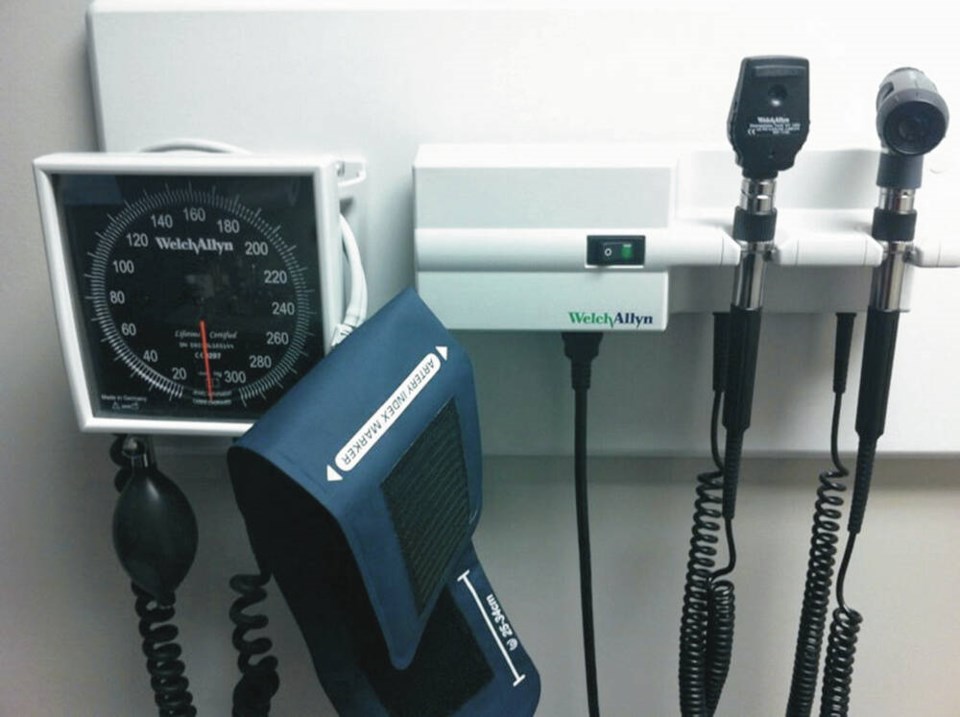A commentary by a retired professor of medicine.
A strange medical phenomenon continues to plague us in B.C. and the rest of Canada. It takes hundreds of B.C. lives on the Island, far more than die from drug overdoses or COVID.
For each one of these deaths, many others suffer medically and psychologically. The condition has been widely recognized for years and its causes readily identifiable. Measures to eradicate are obvious and doable.
Yet the only people who can effect change have taken no action nor explained themselves.
Other than letters to the editor or op-eds such as this one, we the public take no action to save our own lives. Public protests can garner many dozens of people and placards to protect old-growth forests.
Where are the placards proclaiming “Stop letting us die,” “No more preventable deaths,” “I’m sick … no doctor available,” “900,000 in B.C. have no doctor.”
How come our minister of health has never publicly admitted to the severity of the problem or offered a timetable for remedy?
Our Island Health Authority has never apologized for the grossly inadequate health provision that it is mandated to provide. And what about professional organizations/societies that serve family practitioners? Do they publicly protest? No. Their silence is deafening.
Innumerable letters have been published from aggrieved people left in the lurch without a doctor. No one from government ever bothers to respond. Zero action by anyone.
Canada prides itself for its health-care system. But this hubristic attitude is not supported by objective facts. Of 11 developed countries, we are the worst for getting an appointment with a family doctor within 48 hours.
We have the worst waiting times in ER. We are 28th of 29 OECD countries for number of physicians per 1,000 patients. Surprisingly, we are eighth (of 28) for number of family doctors.
These numbers seem contradictory and warrant scrutiny. There are two possible explanations.
First, a higher proportion of part-time family practitioners (FPs). Impossible from the data to verify this.
More likely is that the “productivity” of FPs in Canada is less than in other countries. If so, then one has to ask more questions.
Is a career in FP sought after? No, it isn’t. No one is replacing our retiring physicians. Practices are closing. Family doctors are retiring early.
All of this information is firm proof that job satisfaction is very poor. All jobs have two components that meld together to produce job satisfaction — earnings and the nature of the job.
Take-home earnings by Canadian FPs is poor by comparison with many countries and other specialties.
My electrician has a higher net hourly rate of pay than many FPs. The job description of FPs are bursting with tasks far better done by others, including managing the practice.
Our problems are even worse than the numbers suggest because our aged population requires more complicated time-consuming physician attention.
The deficit in FPs has real life and death consequences. The data are startling. Research has shown that for every 10 family practitioners per 100,000 population, mortality rate goes down by 1.4 per cent (Canadian Medical Association Journal, March 2019). About 100,000 people in Greater Victoria have a family doctor. At a minimum, 100 FPs are required.
About 2,300 deaths occur per year in GV. A minimum of 300 lives would be saved with enough FPs.
Given that the above data were derived from people who already had a family doctor, this number must be far higher for patients with no FP.
Our government shows a wanton disregard for the lives and safety of its citizens. This, by the way, is part of the legal wording of the definition of criminal negligence.
In the presence of government inertia, regardless of political party in power, we, the public, must start to take action.
We should flood our politicians with emails, petitions and questions (when they appear at public meetings). We should continue to seek media attention.
Religious institutions should become active. After all, they attract large group meetings on a regular basis. Ministers delivering a sermon should realize that almost a third of their congregation in front of them have a higher chance of dying and suffering than the rest and at least express some concern.
Most religious groups engage in some kind of charity-advocacy work. Why don’t some take on this issue? They could easily link with other similar groups to build up momentum.
What about online petitions? I personally would get involved, but as a non-believing computer illiterate (no cellphone, never used social media) I couldn’t contribute other than make presentations, etc.
But others must. Action is needed.



